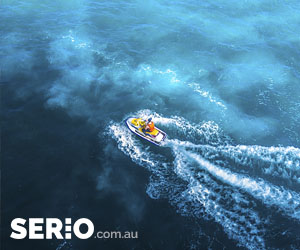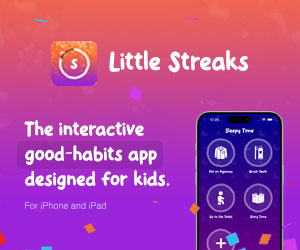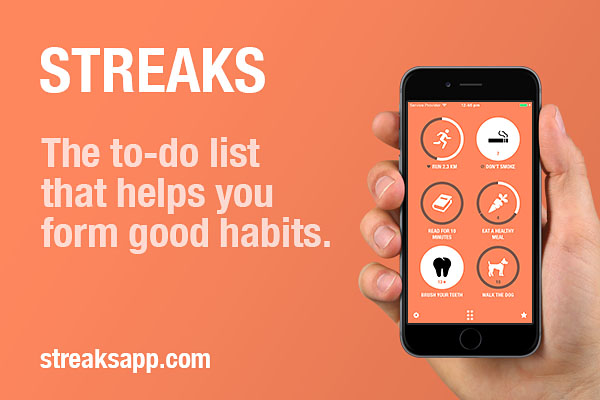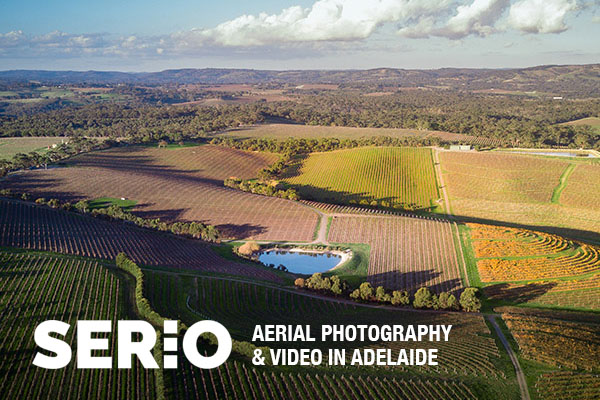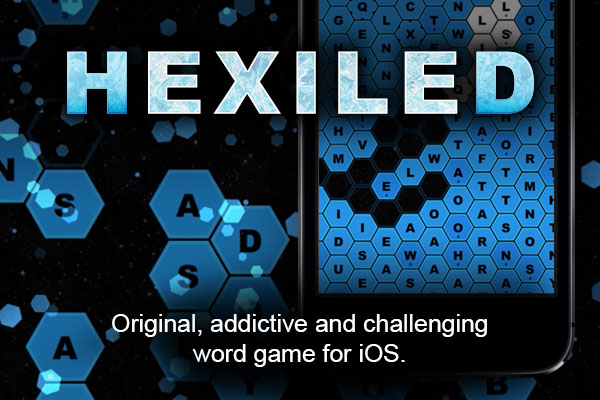Well I had wondered why the head honchos had been quiet but it seems like moves are being made behind the scenes to secure the future of the league. The article cites that audiences and TV numbers are apparently up, but by how much? Who knows. Audiences are up from last year's COVID lows but I cant imagine they're anything to boast about at the moment. There are a lot of good reasons why the NBA may choose to invest in the NBL, seeing as they are actively seeking part ownership of other sports leagues, apparently. So will be interesting what we might be looking at in the next year or two. If it results in a league that is more self sufficient and can clear away some of the ugly logos, fund better players and imports, and continue to improve the product, more the better. But here is the article in full:
"The NBL has detailed its plan to follow in the footsteps of the NBA and secure the league's future through private equity and strategic partners, which could include a stake from the world’s best league.
Private investment has exploded on the global sports stage, especially in America.
In the last 20 months, Arctos Sports Partners has taken stakes in 12 American teams, including the NBA’s Golden State Warriors.
Blue Owl Capital’s Dyal Capital has also purchased portions of the NBA’s Phoenix Suns and Sacramento Kings.
Watch Every Game of the 21/22 NBL Season Live & On-Demand with ESPN on Kayo. New to Kayo? Try 14-Days Free Now >
The NBA as a league is also looking to invest in other leagues, which could also involve the NBL in the future.
The Australian league already has multiple NBA related investments, including that of 13 current/past NBA players involved in team ownership.
Houston Rockets guard John Wall has a stake in the NBL’s South East Melbourne Phoenix. Picture: Getty Images
Houston Rockets guard John Wall has a stake in the NBL’s South East Melbourne Phoenix. Picture: Getty Images
There is also a proven pathway through the NBA’s Global Academy in Canberra and the NBL’s Next Stars program, which makes joining forces with the Australian league more appealing than the current political struggles seen in the EuroLeague with FIBA.
Could we see the NBA invest in the NBL? It’s a legitimate prospect, according to commissioner Jeremy Loeliger.
FROM OUR PARTNERS
The Campaign Uncovered: A Peta Credlin Investigation. Tuesday 8pm AEST, Sky News.
"We have a great relationship with the NBA, and we are always talking with them about ways to continue to grow the game," Loeliger told the Logue Down.
“Already we’ve learnt a lot from what they’ve achieved with the BAL and what they’re hoping to achieve in other parts of the world.
“There’s a great deal of interest in our league and our clubs from all corners of the globe of late and people are consistently asking how they can get involved.”
Loeliger points out that outside of the NBA, the NBL is arguably rated as the world’s best basketball league and people are drawn to the league’s quality and the trust it has built over the years.
Kestelman purchased the Australian men’s domestic league for $7 million in 2015, but basketball has since surged, raising the question: how much is the NBL now worth?
The league has sold the TV rights for the first time via ESPN, Foxtel, Kayo and 10 Peach, while crowds and viewership numbers have increased.
According to Loeliger, licence values have “considerably grown” in recent years, with one official saying some franchise licenses could be worth upwards of $20 million.
The NBL has also adopted new rules that allow, in some circumstances, certain types of entities to own interests in more than one NBL club.
Bryce Cotton and Jaylen Adams are two of the NBL’s biggest stars. Picture: Getty Images
Bryce Cotton and Jaylen Adams are two of the NBL’s biggest stars. Picture: Getty Images
This is a model the NBA uses and Loeliger says the NBL would like to mirror it.
“That is exactly how the NBA began courting interest from private equity firms and driving value in its club licences, which is ultimately what we would love to do here in co-operation with club owners,” he said.
“But I think owners are likely just as if not more interested in who is making these investments, rather than how much money they can attract.
“So, regardless of whether it’s private equity, or corporates or high net worth individuals and family funds, at the end of the day it’s very much about what value those partners can add from a strategic point of view as much as it is about the capital they can bring to the equation.”
Private equity has also taken off in Australia, with the A-Leagues’ landmark deal with US firm Silver Lake.
Silver Lake have taken a 33.3 per cent minority stake in the A-Leagues (men and women) worth nearly AUS$140 million (US$100 million).
The sum values the entire A-Leagues organisation at AUS$425 million (US$303 million).
This deal has prompted NBL owner Larry Kestelman to express interest in following football’s lead in an attempt to secure Australian basketball’s future.
Kestelman travelled to New York at the start of the year to talk to potential investors about expanding the ownership of the NBL.
The league confirmed conversations with potential investors continue as it edges closer to locking in financial partners to secure the competition’s future.
“It’s no secret the NBL is still in an aggressive growth mode, and is sustainable and now profitable, a trifecta for investors,” Loeliger said.
“In all honesty we were receiving expressions from offshore private equity only a couple of years after we started on this journey and that interest continues to bubble away.
“We’re certainly not in any rush, but would certainly be open to conversations with true strategic partners who could genuinely help us take our product to the next level.
“So, we are simply fielding interest but haven’t commenced a process yet but will consider our position again later in the year.
“Our current focus is to finish the year strongly and keep building our product and grow.”
In a further boost for basketball, the Sydney Kings recently announced Tesla chair Robyn Denholm as an investment partner.
For all the positives, there could be challenges as clubs have privately expressed concern about the private equity model.
Kestelman owns the 10-team NBL league, meaning the majority of profit goes to him and not the clubs.
There is a belief that the commercial categories protected by the NBL are too broad and deep, and most assets aren’t available to team owners to sell commercially."

